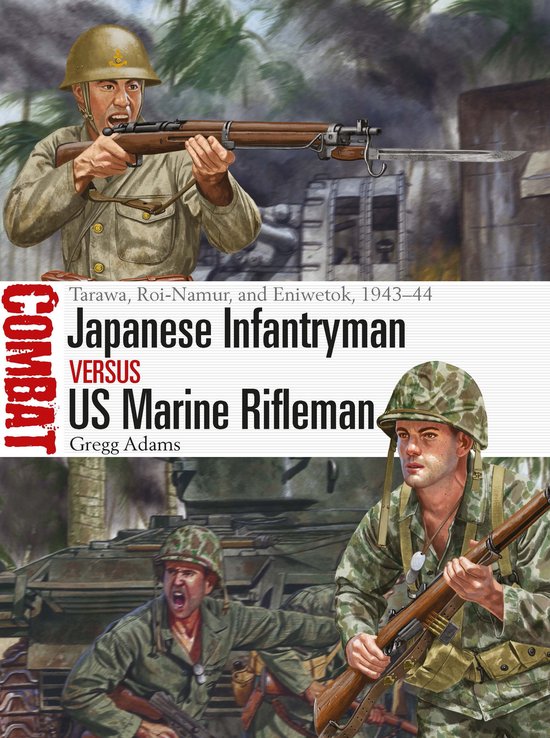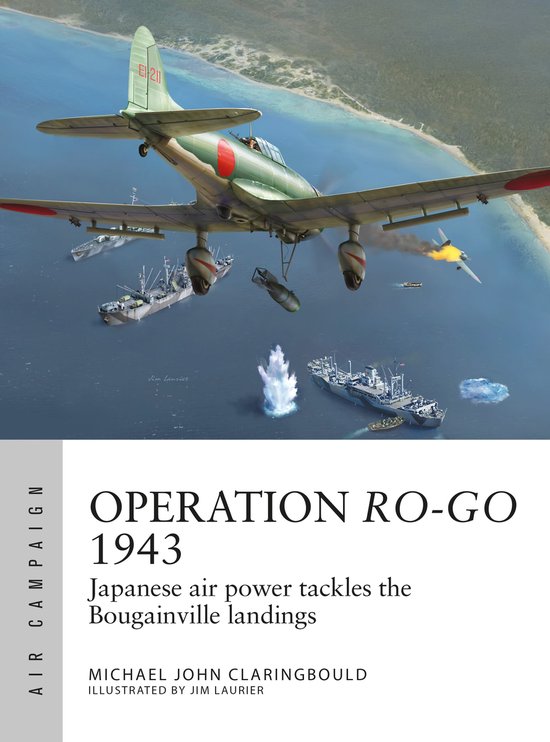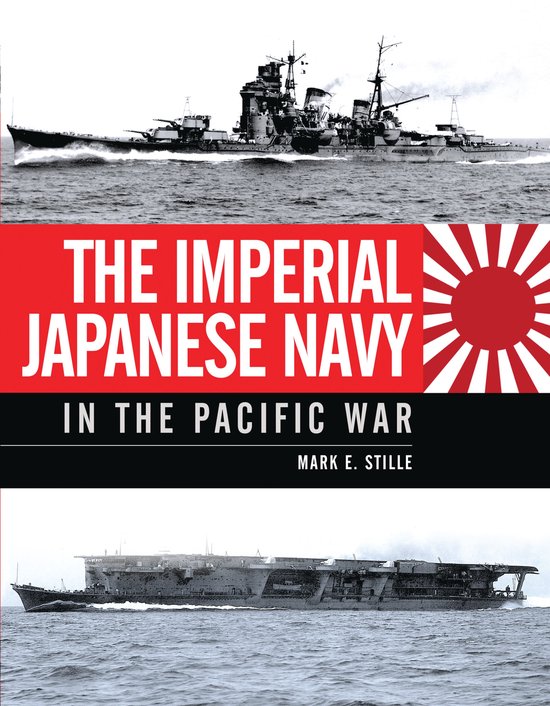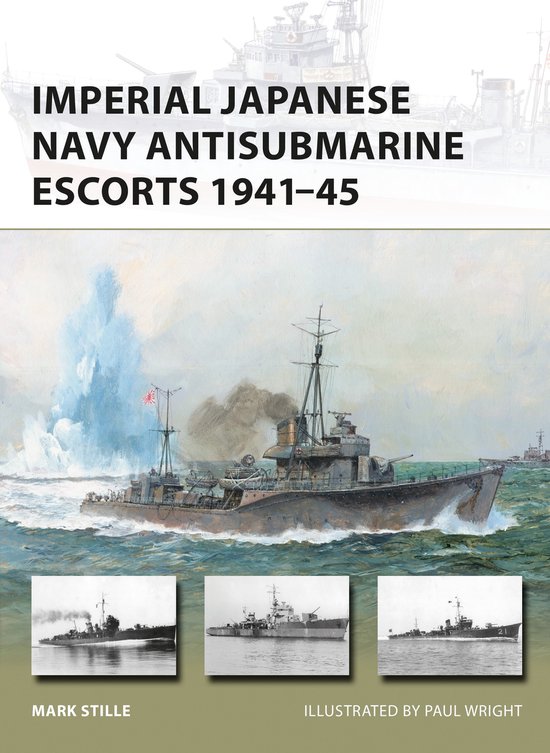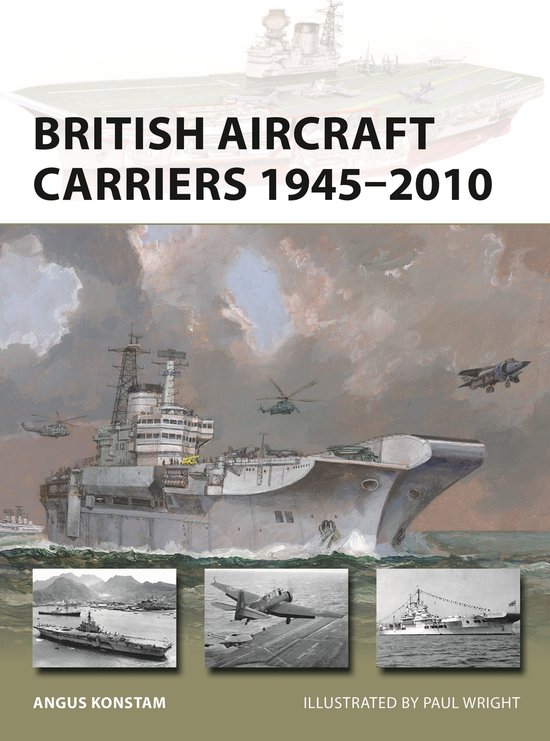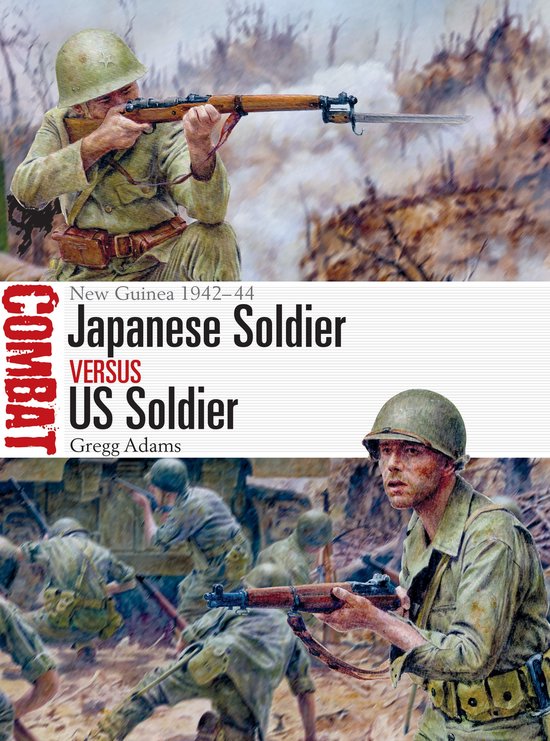
Combat- Japanese Soldier vs US Soldier
This absorbing study pits US Army National Guardsmen against Japanese soldiers in the uniquely hostile setting of the New Guinea campaign in World War II. When Japanese forces attacked Pearl Harbor in December 1941, New Guinea – the world’s second-largest island – was administered partly by Australia and partly by the Dutch East Indies. The New Guinea campaign (January 1942–August 1945) saw Japanese forces invade the island, rapidly capturing the key port of Rabaul and threatening Port Moresby, while US forces joined the defenders in increasing numbers. The uniquely demanding environment, and the savage nature of the fighting, meant that the campaign was among the most arduous of World War II for both sides. In this study, the Japanese forces and their US Army opponents, many of whom were National Guard units, are assessed and compared, with particular attention paid to combat doctrine, weaponry, tactics, logistics, leadership, and communications in the challenging setting of New Guinea. The role of US Army National Guard units and their Japanese opponents in three important battles are examined, namely Buna–Gona (November 1942–January 1943), Biak Island (May–August 1944) and the Driniumor River (July–August 1944).
| Auteur | | Gregg Adams |
| Taal | | Engels |
| Type | | Paperback |
| Categorie | | Mens & Maatschappij |
